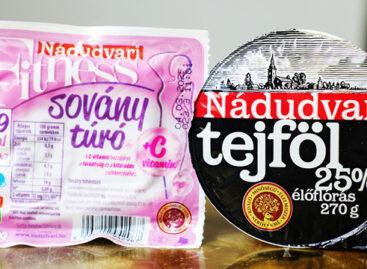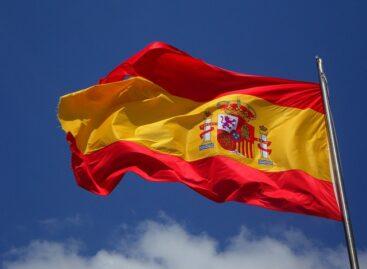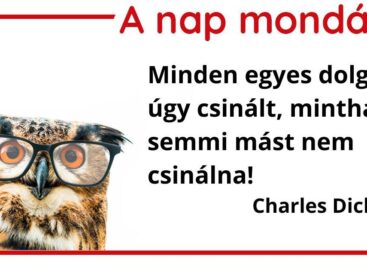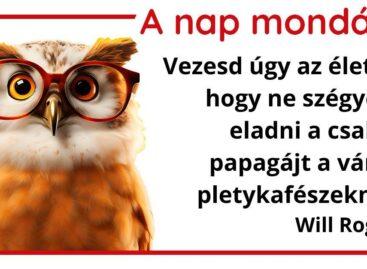Insects in our diet: a new dimension of sustainability
Insects as food are receiving more and more attention worldwide. Baked, boiled, roasted or even dried, they are eaten as a main dish or as a snack in more than a hundred countries. Due to their sustainability, it is expected that insects will increasingly appear in the Western diet in the future, opening up new possibilities in food. In Hungary, 27 percent of the population would be open to these innovative foods, especially among the younger generations. They are not only more open to new flavors, but also look more consciously at sustainability aspects.
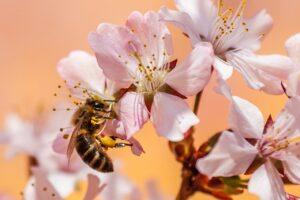 Insects are an outstanding food source due to their high energy and protein content, as well as their essential amino acid and fatty acid profile. Currently, approximately 2 billion people in 130 countries, including more than 3,000 ethnic groups, regularly eat insects. In Hungary, however, many people are still averse to them, despite the fact that the opportunity has been given: in the European Union, for example, the larvae of the common mealybug, the eastern locust, the house cricket and the larva of the litter bug can be marketed as food. The European Food Safety Authority is currently carrying out a risk assessment of additional insects so that even more species can become available.
Insects are an outstanding food source due to their high energy and protein content, as well as their essential amino acid and fatty acid profile. Currently, approximately 2 billion people in 130 countries, including more than 3,000 ethnic groups, regularly eat insects. In Hungary, however, many people are still averse to them, despite the fact that the opportunity has been given: in the European Union, for example, the larvae of the common mealybug, the eastern locust, the house cricket and the larva of the litter bug can be marketed as food. The European Food Safety Authority is currently carrying out a risk assessment of additional insects so that even more species can become available.
In 2023, the EU mandated that foods containing such insect proteins must be placed on a separate shelf in stores and that the ingredients must be clearly indicated on the packaging. Insect farming is more sustainable than traditional livestock farming, as it requires less land and water and results in lower greenhouse gas emissions. For example, the water footprint of the common mealybug is only 23 liters per unit of nutritional value, while that of cattle is 112 liters, that of pigs is 57 liters and that of poultry is 34 liters. In addition, the usability of insects is also outstanding: while 55 percent of the body weight of poultry, 50 percent of pigs, and 40 percent of beef can be consumed, this proportion is 80 percent for crickets.
Integrating insects into our diet not only offers a sustainable and healthy alternative, but can also be economically beneficial to meet the growing global demand for protein. Among the food trends of the future, insects can gain more and more space, which can bring new solutions in the field of sustainable nutrition.
Related news
Tradition and innovation: this is how Nádudvari stays competitive in the food market
In today’s food market, it is not enough to simply…
Read more >The market is not the primary driver of green corporate decisions in Hungary
The sustainability strategies and investments of domestic companies will be…
Read more >Europe’s breadbasket could become a desert
Spain has become Europe’s leading producer of fruit and vegetables,…
Read more >
